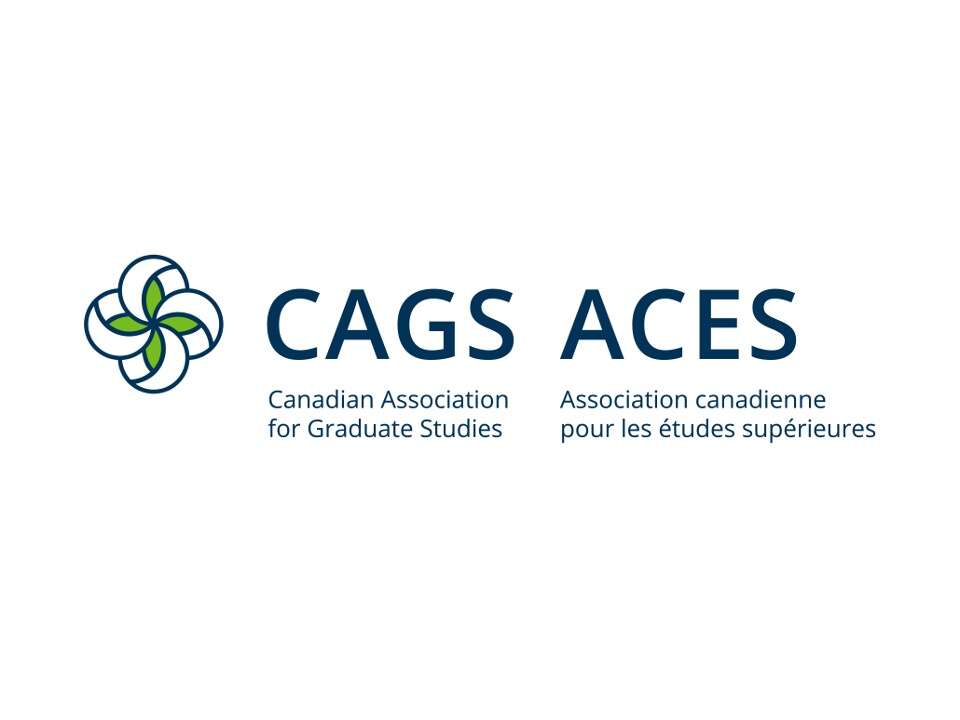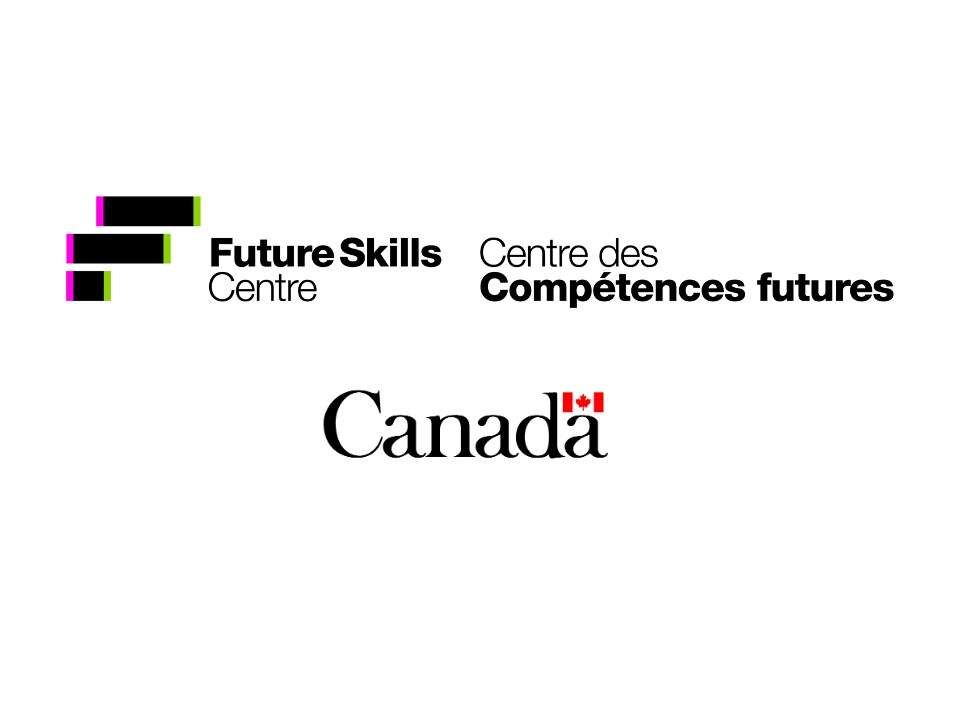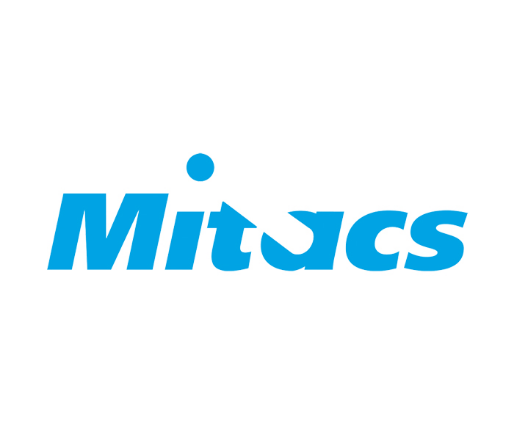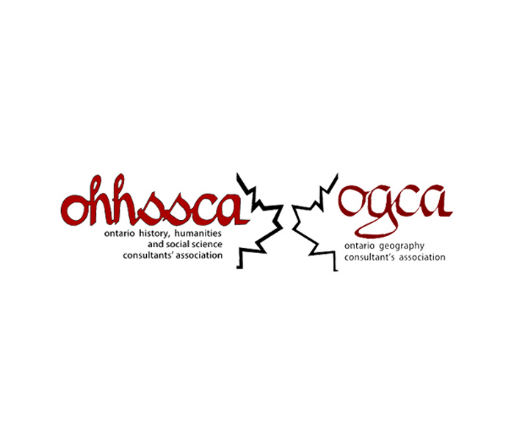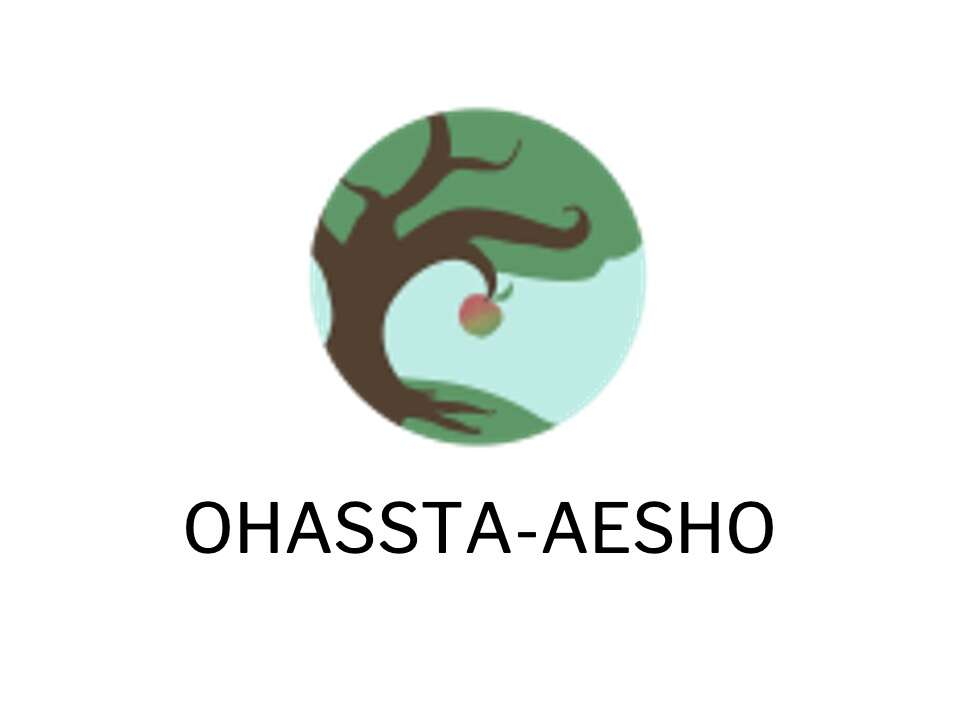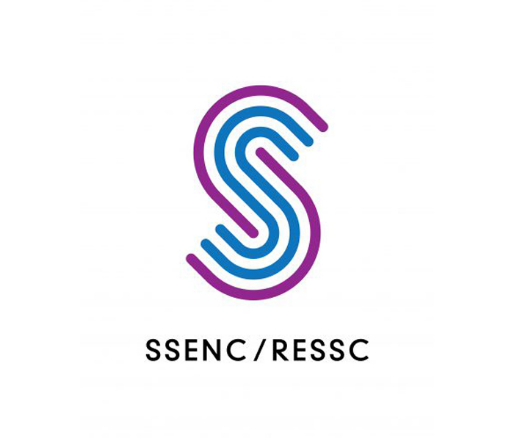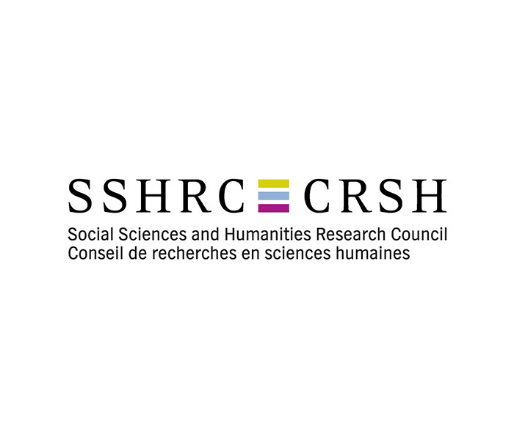About Us
A multi-institutional cross-sectoral network led from McMaster University, The/La Collaborative’s objective is to steer social and human research and skills where they are most needed by creating new models of knowledge mobilization and talent-building for innovation and social impact that focus on the needs and interests of community partners.
A community of practice that promotes new approaches to knowledge mobilization and training to meet the needs of emerging researchers in the social sciences and humanities. Through their engagement, students from all fields in the social sciences and humanities and beyond fuel collaborations that span across universities and their communities.
Our Mission
Creating models of knowledge mobilisation and talent-building that put social and human research and innovation at the heart of the community.
The/La Collaborative leverages the know-how of social sciences, humanities and arts researchers across all levels and sectors to engage, create and communicate the value of their disciplines while meeting their communities needs.

Our Research

Postdoctoral Position with The/La Collaborative
The/La Collaborative invites applications for a full-time postdoctoral researcher position, working with an interdisciplinary team under the supervision of Dr. Sandra Lapointe at McMaster University. Applications due on June 15th, 2025.

Building Capacity for Innovation in the Social Sector
Charities and nonprofits are trying to address some of society's most challenging problems: poverty, homelessness, addiction, mental health, and environmental degradation, to name just a few. Tackling these problems requires both innovation and systems-level change.

Innovation by Design
Under the theme “Innovation by Design”, four roundtables were organised at McMaster between January 23rd and 26th, 2024. They engaged a total of 27 students in 90 minutes semi-structured discussions on the role of the social sciences, humanities, and arts (SSHA) in stimulating and advancing innovation in Canada.

New Report˝: Community Innovation and Impact in the Social Sciences, Humanities and Arts.
We draw a picture of the current state of community-focused knowledge mobilization in Canadian SSHA and document academics’ perceptions of the practices and approaches that are meant to drive and/or end up hindering social innovation and impact.

CSPC 14 November 2023. BUILDING A CANADIAN SUPPORT SYSTEM FOR SOCIAL INNOVATION
The panel builds on emerging alignment and concertation efforts around the Canadian Forum for Social Innovation (socialinnovationforum.ca) to inform discussion on strategy and policy from the perspectives of institutional enablers in the social innovation ecosystem.
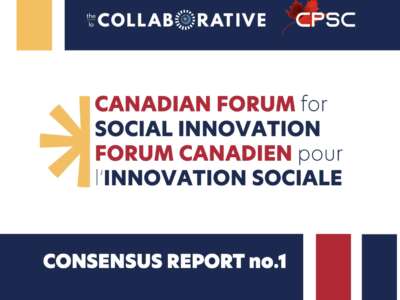
Canadian Forum for Social Innovation. Consensus Report.
As we move beyond the linear economic model of economic growth into a circular economy paradigm informed by Sustainable Development Goals and requiring high capacity for social innovation, universities are seen as central stakeholders in transformative societal change. As such, universities’ community engagement and knowledge mobilisation mandates need to be informed by strategies that aim to make the institution an anchor of its community, contributing to all aspects of social and economic growth, and producing value for stakeholders on all sides.

Discussion Paper. Canada’s Social Innovation Ecosystem
While social innovation is not a new concept, as a field of practice it has matured. Social innovation approaches are designed to address complex challenges, and this capacity has increasingly attracted the attention of policy, education and research stakeholders. Global challenges and complex, wicked social problems require solutions that recognize the multiple layers of an issue and work on its root causes. As such, they require social systems innovation and the ecosystems across which these solutions are deployed need the capacity to support social innovation processes from start to finish. This much is increasingly clear.

Discussion Paper. Skills for Inclusive and Collaborative Innovation
What Skills and Knowledge do scientists require to promote an ideal of scientific integrity that is compatible with increased trust and social acceptance of science? What do we know about current practices of university-based scientists when it comes to participating in policy processes?

Workshop 17 May 2023: Canada’s Social Innovation Ecosystem
The aim of this workshop is to explore the amplification of a social innovation narrative for Canada and examine what organizational forms could help realize the impact we are all seeking.

Inventory of Community-Focused Knowledge Mobilization Practices in the Social Sciences, Humanities and Arts.
Knowledge mobilization in the social sciences, humanities and arts (SSHA) is the subject of a growing body of literature and policy discussions. “Inventory of Models and Practices in Community Focused Social Sciences, Humanities and Arts” examines the current state of community-focused SSHA knowledge mobilization, understood broadly enough to include all aspects of scholarly activity that rests on direct interactions with community partners, including but not limited to nonprofits and municipal government.

Building Capacity for Innovation in the Social Sector
Creating the ideal conditions for campus- community innovation partnerships requires an accurate understanding of the issues at play. It requires an adequate appreciation for both the assets and the needs of social sector organizations regarding their capacity.

Universities need to rethink efforts to create impact in their communities
Read the article in Policy Options: Experiential learning should build innovation and reciprocity so that both students and partners learn new skills.

How social sciences and humanities programs can prepare students for employment
The Conversation Canada: Social sciences and humanities degrees can equip people for vocations that require high levels of adaptability and the capacity for continuous learning. But what is missing?

Canadian Forum on Innovation and Societal Impact
A joint-venture of the Canadian Science Policy Centre and The/La Collaborative, the Forum will convene social research and innovation stakeholders across sectors with the purpose of exploring alignment on policies and practices that leverage impact-first training and knowledge mobilisation in the Social Sciences, Humanities and Arts (SSHA) to foster innovation and build capacity in the social and municipal sectors.

Misalignment between employers’ perceived skills needs and SSH’s ability to meet them provides opportunity to articulate value of SSH
There is no reason collaborative skills cannot be cultivated in SSH students as much as those associated with innovation and adaptability.
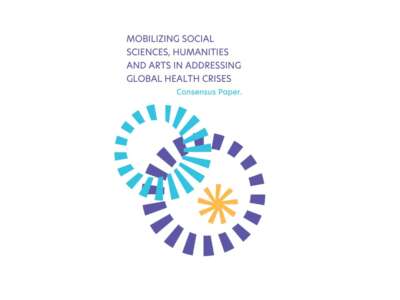
Mobilizing Social Sciences, Humanities and Arts in Addressing Global Health Crises
Addressing pandemics and biological threats requires coordinated research, development, and effort for the testing and implementation of treatments, vaccines, and diagnostic tools. The panelists were tasked with reflecting on a range of issues as a catalyst toward defining strategies and policies to build capacity to strengthen and sustain a deep, multi-generational pool of research talent.

Foundational Skills and What the SSH Need to Know
What are employers implicit assumptions about the way individual skills contribute to innovation and intelligence in their organisations? Are social sciences and humanities disciplines attempts to articulate how these skills are fostered in their programs aligned with perceptions of needs?

Can universities bridge the graduate skills gap?
In trying to make graduates more job-ready, universities will have to guard against inadvertently compromising some of their offerings.
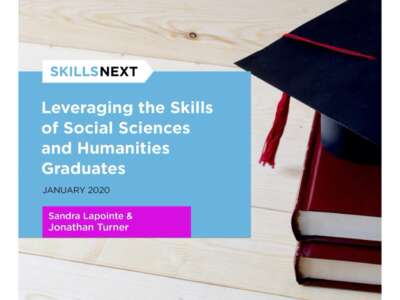
Report: Leveraging the Skills of Social Sciences and Humanities Graduates
Canadians are among the best-educated people on the planet. But are they getting the education they need — particularly in the fields of social sciences and humanities — to maximize their employment prospects in today's fast-changing workplace?

Are the social sciences and humanities positioned to meet key employment skills?
A new report explores the foundational skills today’s employers need, and the disconnect with what universities say their programs offer students.

